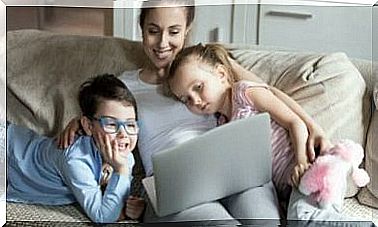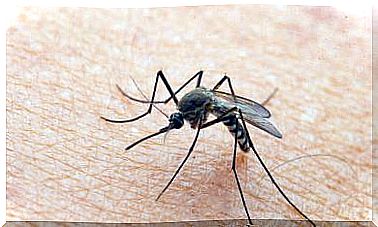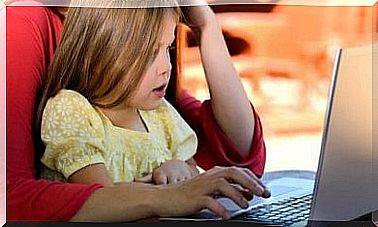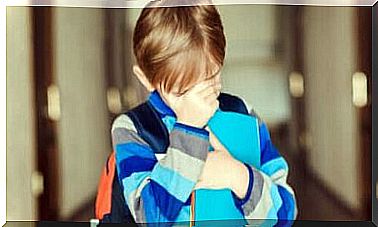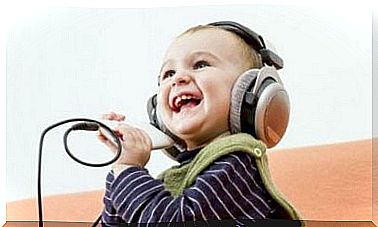Say Goodbye To Your Baby Before You Leave
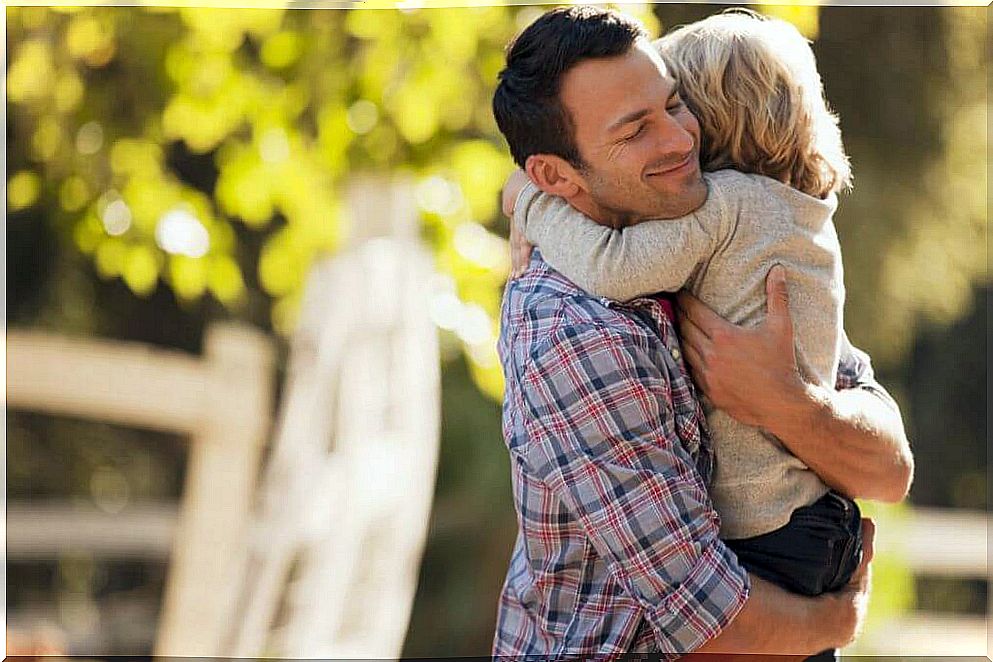
If you leave the house without saying goodbye, your child will feel sad. He can’t understand why his mother was just there and just suddenly disappeared. He feels horrified.
The child begins to call for his mother, not knowing if she will return. He also doesn’t know how long his mama will be gone, or why she left without saying goodbye.
When our children are small, it sometimes seems easier to sneak away if they are not looking. We wait for them to be distracted, open the door and then quickly slip away.
Our reasoning behind this strategy is to prevent our children from seeing us go and starting to cry. Sometimes we even ask a family member to distract our babies so they don’t notice that we are leaving. However, we are making a big mistake. It really is much better to say goodbye to your baby before you leave.
In the first few years of their lives, it is difficult for small children not to be with their parents. Only later do they begin to understand that your departure is only temporary and that you will be back soon with kisses and hugs.
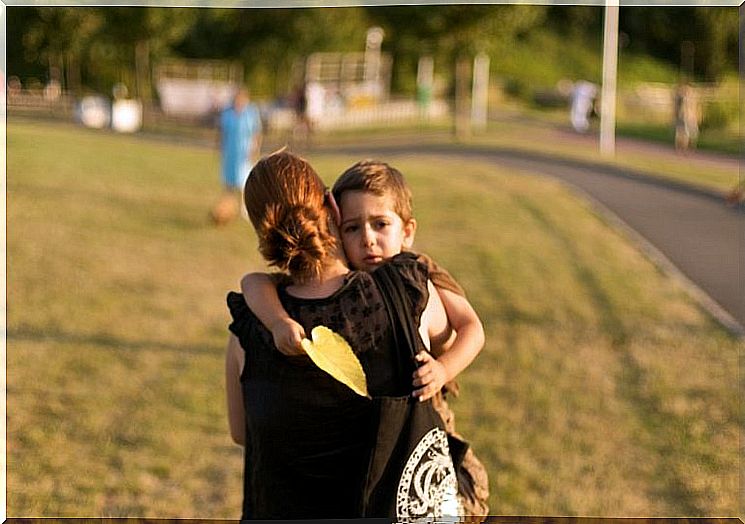
Saying goodbye is more than necessary
Most likely, your baby will not like the idea of you leaving. And he will surely cry. But this reaction isn’t just normal, it’s healthy. Your child is simply showing his feelings with this.
Don’t worry if your child starts crying! At least try that. Try different ways to say hello to him until you find the one that works best for him. It is important that you can tell him that you are leaving but that you will be back soon.
Once you have established a parting routine with your little one, he will begin to understand that your departure is only temporary. This will prevent him from becoming anxious and crying when you leave. Saying goodbye is important to help your baby cope better with goodbyes.
Often children cry desperately when separated from their mothers. If your child cries every time you leave and entrust him to someone else’s care, you may be feeling guilty. You may even consider not leaving at all. But this would only make things worse.
It’s important to find a way to help your baby get used to not being with you all the time. This should be a gradual process and may take some patience.
But believe it or not, saying goodbye to your baby can actually become easier for you too. J e will eventually be able to leave the house without having to mislead your child.
Whatever happens, always say hi
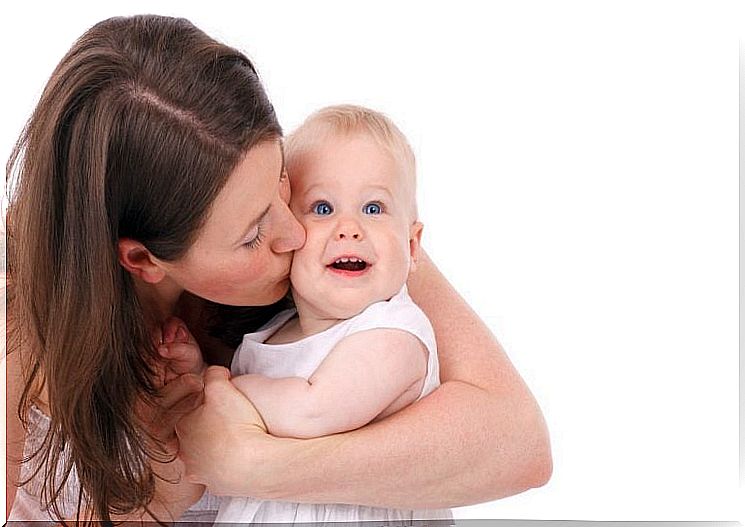
Try not to get upset when you see your child “suffer”. Understand that his crying is a normal part of this developmental stage that babies go through.
Don’t despair, it really won’t always be like this. One day your child will suddenly come out of his shell and enjoy meeting new people. Your goal should be for this to happen naturally, without being traumatic for your little one.
It is a good idea to let your child spend some time with other people every day. These can be grandparents, uncles and aunts or close friends.
He knows it is cozy and familiar with the people who stay with him and will let you go more easily.
Say hello: step by step
Put or put your child on the floor or in his crib with some toys. Walk out of the room for a moment. Of course you stay very close in case he starts crying or something happens.
Your child may start to cry at first, but you will be surprised: as soon as he sees his toys, he will start to play.
Make sure you say hello to him with a smile on your face. Don’t show your child that you are worried or sad because he is crying.
And, most importantly, don’t go back! Even if you hear your child crying, go away. Don’t prolong the goodbye. Trust that you have left your little one in good hands and that nothing will happen to him.
Try to set boundaries and help your child understand that there are times when you need to leave. For example, when you go to the toilet or when you cook.
Whatever happens, say hello to him!
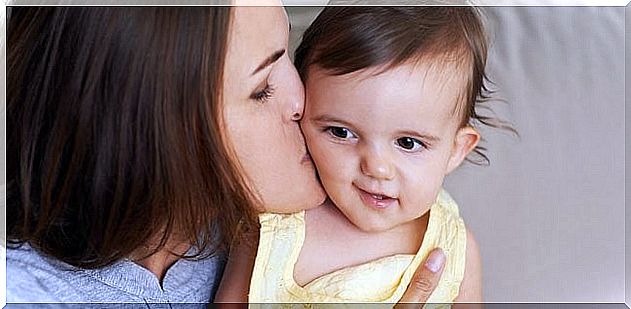
Most importantly, never sneak away or lie to your child and say you’ll be right back when you won’t. This would lead to your child not trusting you and he would feel constantly anxious.
Many mothers have a habit of sneaking out of the house while their children are distracted for a while. This indeed prevents you from seeing your child sad when you leave. But you certainly don’t help your child with it.
You’d be much better off explaining to your baby that mommy has to go to work, has an appointment, etc. No matter how small your son or daughter is, you should really say hello before you leave.
If you don’t, you will only create a confusing situation for your baby. Babies don’t yet have the ability to understand that you’re somewhere else when they don’t see you.
Saying hello is a must
When you leave, you disappear and they may think you cease to exist. And that, of course, is disastrous. You must help them understand that your absence is temporary and that you are coming back.
A good game to play that helps them in this process is Peekaboo. Hide your face behind a cloth and ask, “Where’s mommy?” This simple exercise will mimic your absence.
Leaving without saying goodbye also makes your baby anxious because he never knows when you might suddenly disappear. By always saying goodbye to him when you leave, he doesn’t have to constantly worry about you suddenly disappearing. He will understand that you are not always around.
Our babies don’t understand many of the things we say to them, but they do understand our intent. That is why it is important to explain in a calm tone why you have to leave and, most importantly, that you are coming back.
This will help your little ones feel calm when you need to go. Little by little, your child will understand better and the separation will be much less traumatic.
